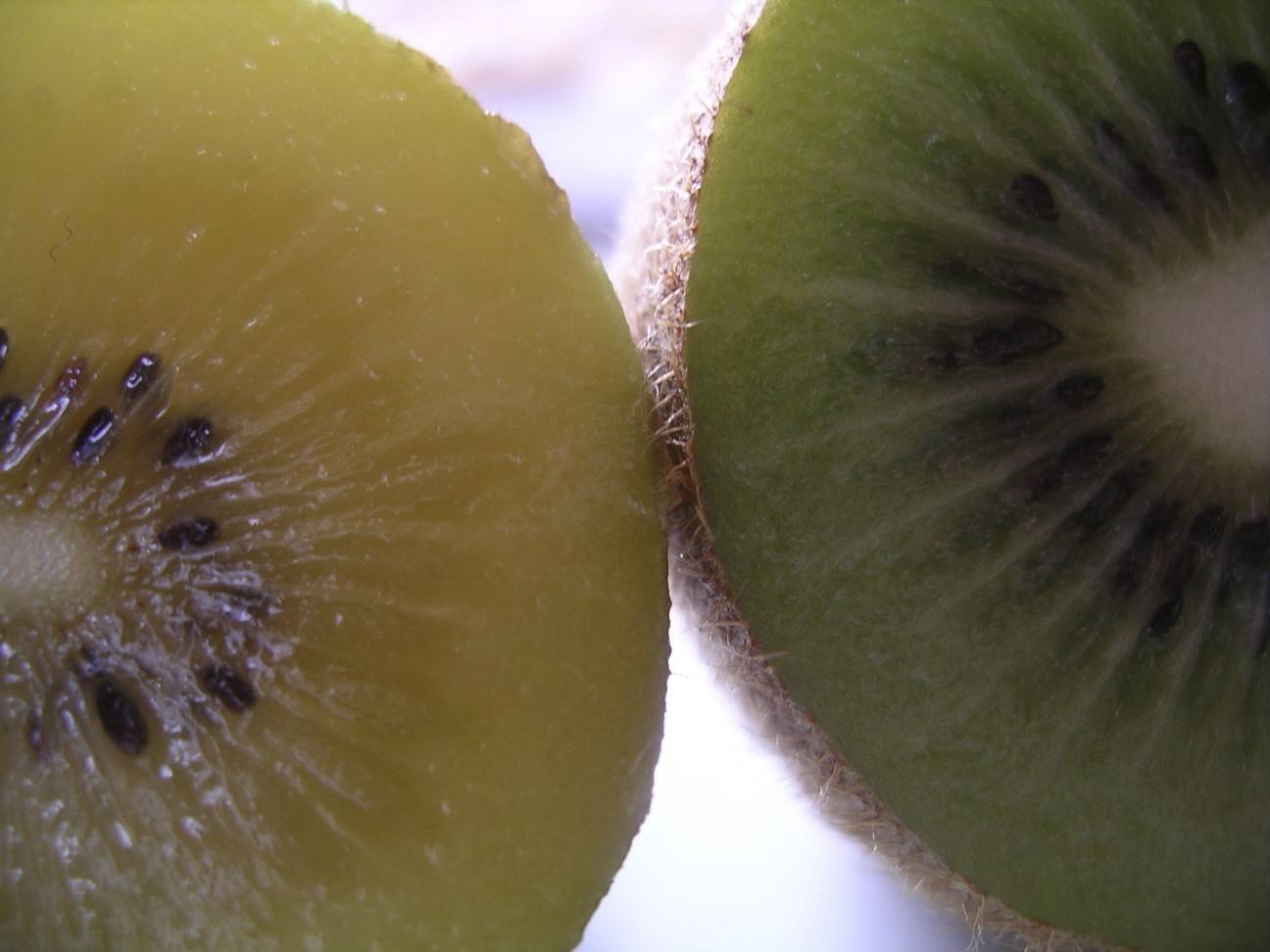A Deep Dive Into Kiwi Growing: Introducing the Methods, Challenges, and Prospective for Lasting Farming
In this short article, we will take you on a deep dive into the methods, obstacles, and potential for lasting farming in the world of kiwis. Discover the optimum expanding problems, innovative cultivation strategies, and the lasting methods that can open the complete capacity of kiwi farming.
Ideal Growing Conditions for Kiwi Plant Kingdoms

Cutting-Edge Growing Strategies
GPS modern technology allows for precise mapping and tracking of the kiwi creeping plants, enhancing irrigation and fertilization methods to ensure that each plant obtains the needed nutrients and water. Another advanced method is upright farming, which involves growing kiwi plants in piled layers using artificial lights and climate-controlled settings. By accepting these sophisticated techniques, kiwi farmers can attain better productivity, enhance resource utilization, and add to lasting farming practices.
Difficulties Encountered by Kiwi Farmers
Encountering numerous challenges, kiwi farmers have to navigate with numerous barriers to make sure effective growing and sustainable farming practices. One of the significant difficulties they deal with is environment variability. Kiwi plants require a specific environment to grow, with cozy summers and cool winter seasons. Uncertain climate patterns, such as extreme temperature levels, frost, and dry spell, can interrupt the growth and advancement of kiwi plants. Farmers need to continuously check weather prediction and apply strategies like irrigation, frost security, and shade cloth to alleviate the adverse effects of climate irregularity.
One more considerable challenge for kiwi farmers is pests and diseases. Kiwi creeping plants are at risk to a variety of bugs, including termites, aphids, and thrips, which can harm the leaves and fruit. In addition, illness like Psa (Pseudomonas syringae pv. actinidiae) and botrytis can drastically influence kiwi manufacturing. Farmers should employ incorporated pest management techniques, such as normal monitoring, biological control techniques, and correct cleanliness, to handle and protect against bug and illness outbreaks.
In addition, kiwi farmers deal with labor and labor expense issues. Kiwi cultivation requires labor-intensive tasks, such as trimming, trellising, and harvesting. However, discovering competent laborers who are well-informed regarding kiwi farming techniques can be difficult. In addition, labor costs can be high, particularly throughout peak seasons. Farmers require to invest in training programs, automation, and efficient labor administration approaches to maximize performance and reduce labor expenses.
Lasting Farming Practices for Kiwi Farming

To make certain sustainable kiwi growing, you can execute an array of techniques that promote ecological stewardship and long-lasting stability my website of your ranch. One vital technique is the use of organic plant foods and bug monitoring strategies. By avoiding artificial chemicals and instead opting for natural choices, you can decrease the unfavorable impact on soil health and wellness and biodiversity. Furthermore, it is essential to exercise liable water monitoring. Kiwi plants require a significant quantity of water, yet excessive irrigation can result in water waste and soil disintegration. Executing efficient irrigation systems, such as drip watering or accuracy lawn sprinklers, can assist preserve water and enhance its use. An additional sustainable farming method is making use of cover crops. These crops not only assist prevent soil erosion however additionally boost soil fertility by including raw material and taking care of nitrogen. Furthermore, applying incorporated insect administration approaches can dramatically minimize the need for chemical pesticides. By encouraging natural predators, utilizing pheromone traps, and exercising plant rotation, you can successfully regulate insects while lessening ecological injury. Taking on lasting energy techniques, such as making use of solar power or investing in energy-efficient technologies, can lower your farm's carbon impact and add to a more sustainable kiwi cultivation system.
Unlocking the Possible of Kiwi Farming
By executing sustainable farming techniques, you can unlock the complete potential of kiwi farming while decreasing environmental effect. Kiwi farming has tremendous capacity for development and earnings, however it additionally features its own set read this of difficulties. To fully open this potential, it is essential to embrace lasting strategies that not only make best use of return and quality yet likewise make certain lasting practicality.
One trick element of unlocking the potential of kiwi farming is maximizing irrigation practices - what do kiwis taste like. Kiwi plants call for a specific amount of water to flourish, and by utilizing effective irrigation systems such as drip watering or precision lawn sprinklers, you can lessen water wastefulness and lower the danger of waterlogging or soil erosion
An additional vital factor is dirt wellness management. Fertile and healthy dirt is important for the development and growth of kiwi plants. By executing practices such as cover cropping, crop turning, and natural fertilization, you can boost soil framework, boost company website nutrient schedule, and minimize the need for chemical inputs.
In addition, incorporated parasite administration (IPM) techniques are vital in opening the capacity of kiwi farming. By adopting IPM methods such as biological parasite control, pheromone catches, and plant tracking, you can properly handle pests and illness while minimizing the usage of chemical pesticides.
Verdict
Finally, kiwi growing holds terrific prospective for sustainable farming techniques. By implementing advanced techniques and getting over the difficulties faced by farmers, we can unlock the full possibility of this fruit (what do kiwis taste like). With optimal growing conditions and an emphasis on lasting methods, kiwi farming can thrive while minimizing ecological impact. Grab a kiwi and sustain the future of lasting farming!
Discover the optimal growing problems, advanced farming methods, and the lasting techniques that can open the complete potential of kiwi farming. By embracing these innovative strategies, kiwi farmers can accomplish greater efficiency, optimize resource application, and add to sustainable farming practices.
Facing many difficulties, kiwi farmers should browse through various obstacles to ensure successful farming and sustainable farming techniques.By executing sustainable farming methods, you can unlock the full possibility of kiwi farming while reducing ecological impact.In final thought, kiwi cultivation holds great possible for sustainable farming practices.